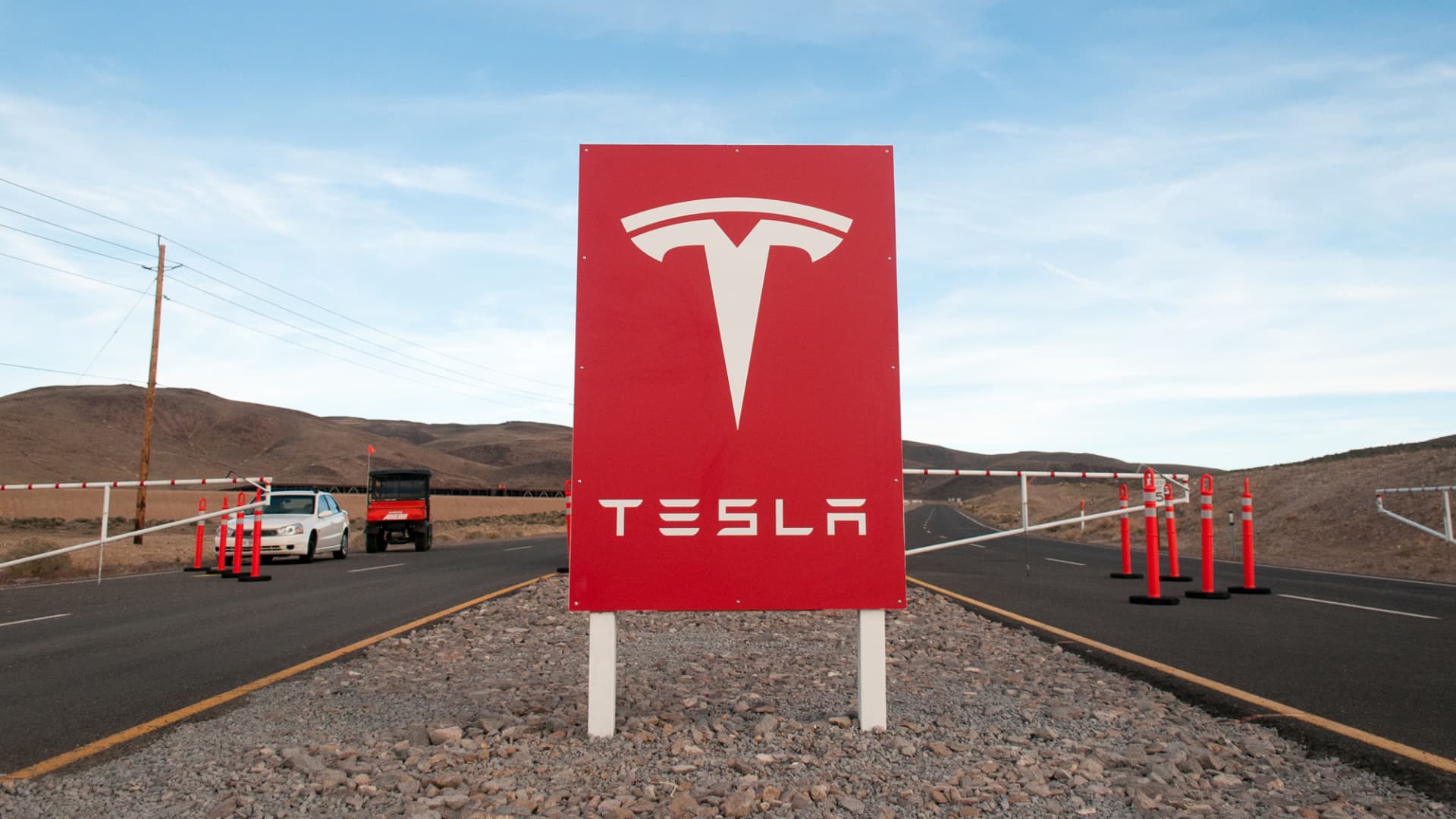The city of West Hollywood, known for its progressive politics, has implemented the highest minimum wage in the country at $19.08 per hour. While aimed at ensuring a living wage for workers, this move has triggered concerns among local business owners who fear the impact on their operations. The unique geographical setting, bordered by Beverly Hills and Los Angeles, puts West Hollywood businesses in direct competition with lower-cost alternatives. The recent ordinance, in addition to raising the minimum wage, also mandates paid time off for employees, further intensifying the challenges faced by small businesses.
Challenges for Businesses: Business owners, including renowned chef Josiah Citrin, express significant concerns about the feasibility of operating under the new minimum wage. Citrin, owner of a two-Michelin-starred restaurant in Santa Monica and a new steakhouse in West Hollywood, highlights the difficulty of sustaining operations with the increased labor costs. The sentiment is echoed by various businesses in the area, with some writing to lawmakers and marching in protest against additional minimum wage hikes scheduled for the future.
Competitive Landscape and Cost Disparities: The unique geography of West Hollywood places its businesses in direct competition with neighboring areas like Beverly Hills, where labor costs may be lower. The disparity in minimum wages poses a significant challenge for small businesses trying to remain competitive while adhering to the city’s regulations.
Additional Mandates Adding Pressure: Apart from the minimum wage increase, the West Hollywood ordinance mandates paid time off for full-time employees, requiring a minimum of 96 hours annually. While intended to provide better working conditions, business owners argue that these additional mandates place an undue burden on their operations.
Impact on Employment and Operations: Some business owners fear that the substantial increase in the minimum wage could lead to potential job losses as businesses may be deterred from hiring. The economic theory suggesting that a too-large increase in the minimum wage may discourage hiring becomes a point of concern for entrepreneurs.
Local Businesses’ Response and Requests: The West Hollywood Chamber of Commerce, representing local businesses, has actively sought a moratorium on further minimum wage increases until 2025 or until the rate aligns with neighboring Los Angeles. Businesses have also requested a reconsideration of the mandatory paid time-off policy to alleviate operational challenges.
City’s Response and Future Perspectives: While the mayor and the City Council affirm the importance of workers earning a living wage, business owners feel their concerns have not been adequately addressed. Recent measures to provide financial support to the business community have been initiated, but the long-term impact of the ordinance remains uncertain.
Conclusion: West Hollywood’s ambitious move to implement the highest minimum wage in the country reflects its commitment to worker well-being. However, the unintended consequences on local businesses raise questions about the sustainability of such measures. Balancing the interests of workers and businesses is a delicate challenge, and the city faces the task of finding a middle ground that ensures fair compensation while preserving the economic viability of its diverse business community.







